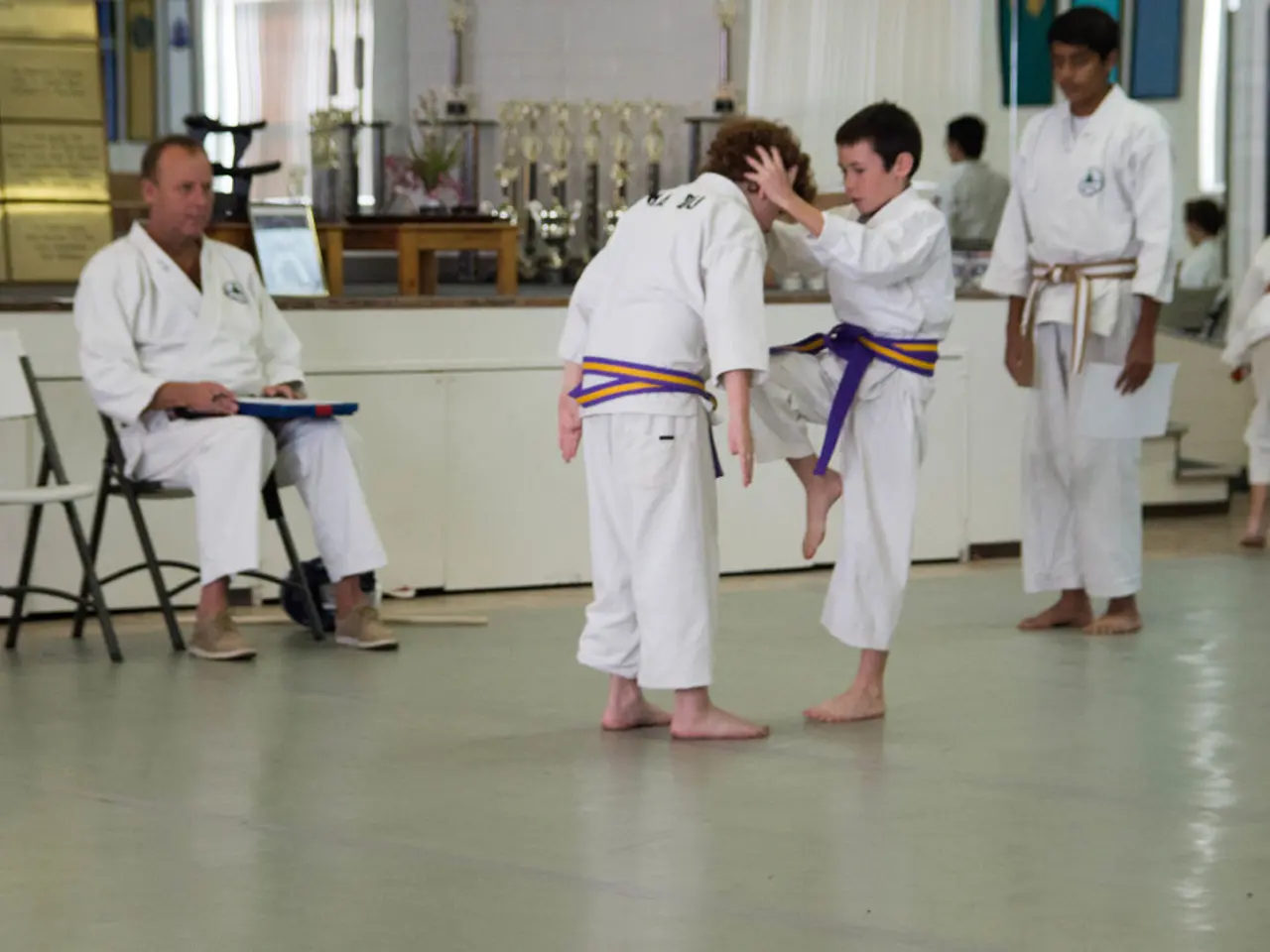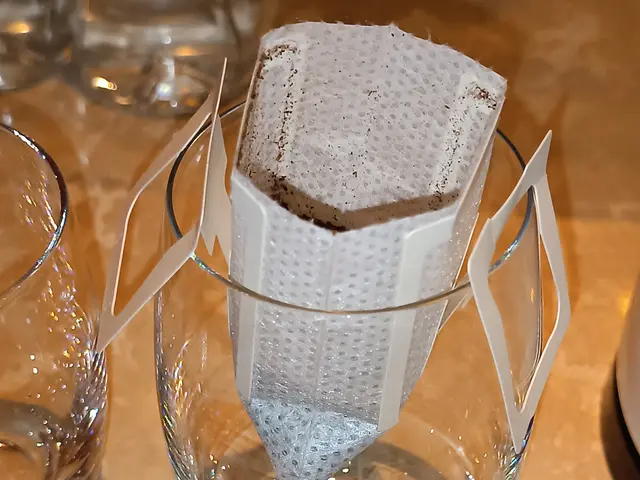Maintaining Sharp Mental Agility through Three Strategies
In a world where memory retention and brain health are increasingly important, psychologist Christian Jarrett offers a unique approach to brain training: integrating humor, navigation, and social interaction into our daily lives.
According to Jarrett, humor serves as a powerful tool for cognitive stimulation. By making us think flexibly, enhancing creativity, and improving learning and memory through positive emotional engagement, laughter and the understanding of jokes activate multiple brain areas, promoting cognitive health.
Navigation, such as practicing wayfinding or learning new routes, offers a practical workout for our spatial memory and problem-solving skills. Engaging in these activities requires us to form mental maps and exercise brain regions like the hippocampus, which is critical for memory formation and spatial awareness.
Social interaction, on the other hand, challenges our brains to interpret social cues, maintain conversations, and remember details about others. Engaging socially fosters memory consolidation and cognitive resilience through emotional and intellectual stimulation.
By incorporating these activities naturally in our daily routine—sharing laughs, exploring new places or routes, and maintaining rich social connections—we create a multifaceted cognitive workout that enhances memory and supports brain health over time.
Studies support these principles. Learning with humor has been shown to improve memory retention, while maintaining social contacts twice a week is one of the main factors in protecting against declining memory performance. Regular social interaction helps maintain mental sharpness, and the more varied the social activities, the greater the effect on mental sharpness.
Jarrett suggests several methods for incorporating these brain boosters into our lives. To actively use humor for learning, make learning fun by using funny acronyms, mnemonics, or amusing names for items. For example, using the music class mnemonic "Every Day Should Get Better" for the musical notes E, D, G, A, B.
Not using the GPS for trips in your local area can be a starting point to improve spatial memory. Combining social activities with other memory boosters, such as learning a new language in a class, can be beneficial.
The effectiveness of humor in memory retention is dependent on the relevance of the joke to the topic. The use of humor in learning can activate the brain's reward center and release neurotransmitters like dopamine, making learning a more enjoyable and potentially memory-enhancing experience.
By following Jarrett's advice, we can transform our everyday activities into brain-boosting exercises, enhancing our memory and supporting our brain health in a fun and engaging way.
- Incorporating humor, navigation, and social interaction into our daily lives, as suggested by psychologist Christian Jarrett, can activate multiple brain areas, promoting cognitive health and improving memory retention, given that the use of humor in learning can activate the brain's reward center and release neurotransmitters like dopamine, making learning a more enjoyable and potentially memory-enhancing experience.
- Engaging in social activities, such as maintaining rich social connections and combining them with other memory boosters like learning a new language, can be beneficial for our brain health over time, since regular social interaction helps maintain mental sharpness, and the more varied the social activities, the greater the effect on mental sharpness, as supported by various studies.




